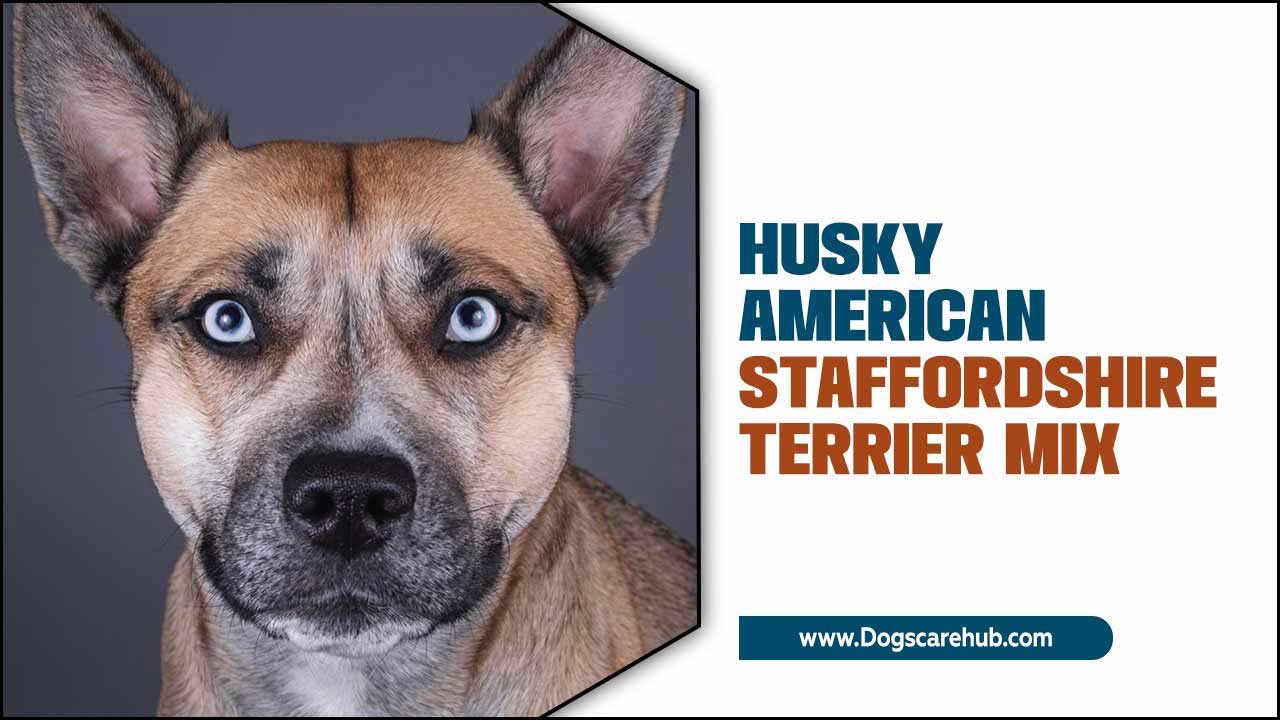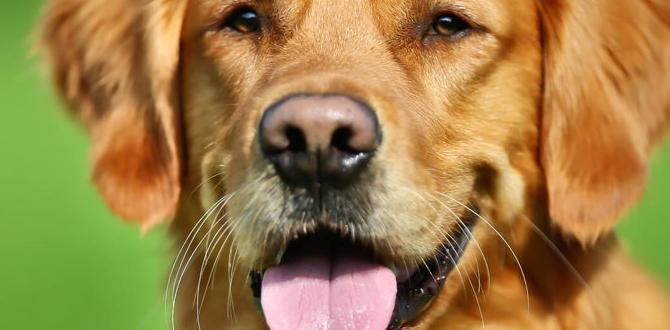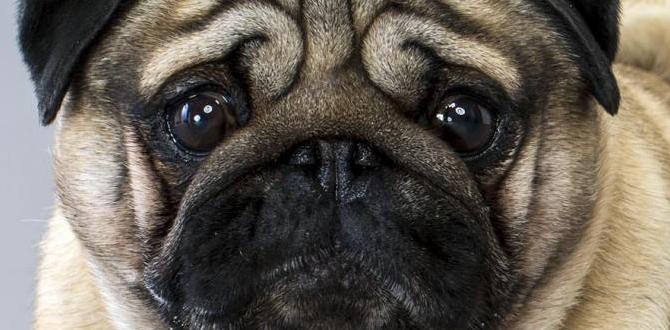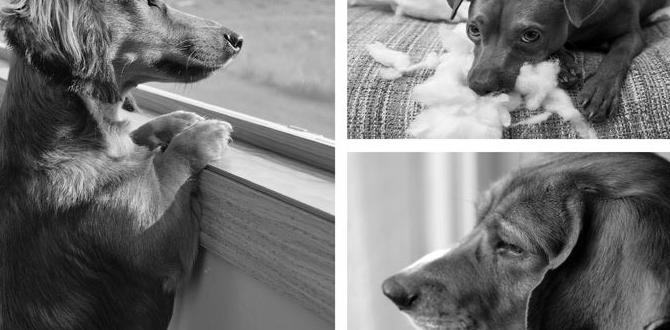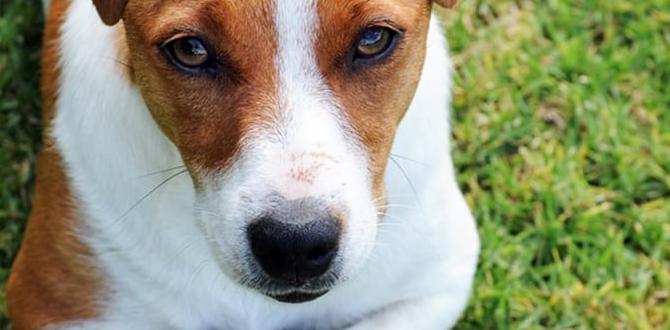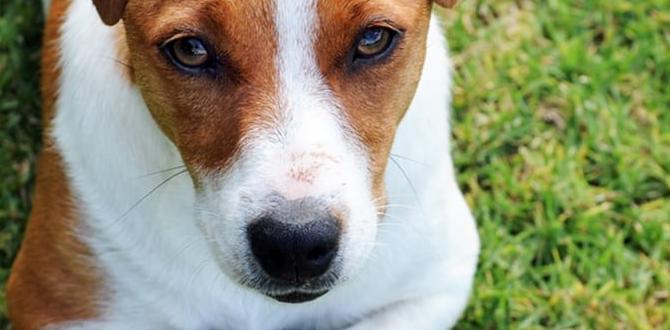Accidents happen, and if your dog ate maxi pad, it’s important not to panic. While it may seem concerning, dogs can swallow all sorts of things they shouldn’t. The first step is to assess the situation and determine if there is any immediate danger.
Here we will explore why your dog might be eating maxi pads. From detecting pheromones to being stressed out – we will cover all the real reasons behind this behavior. We will also share tips on stopping your pooch from eating those pads and what happens if they do. So keep reading to learn more about this curious dog behavior!
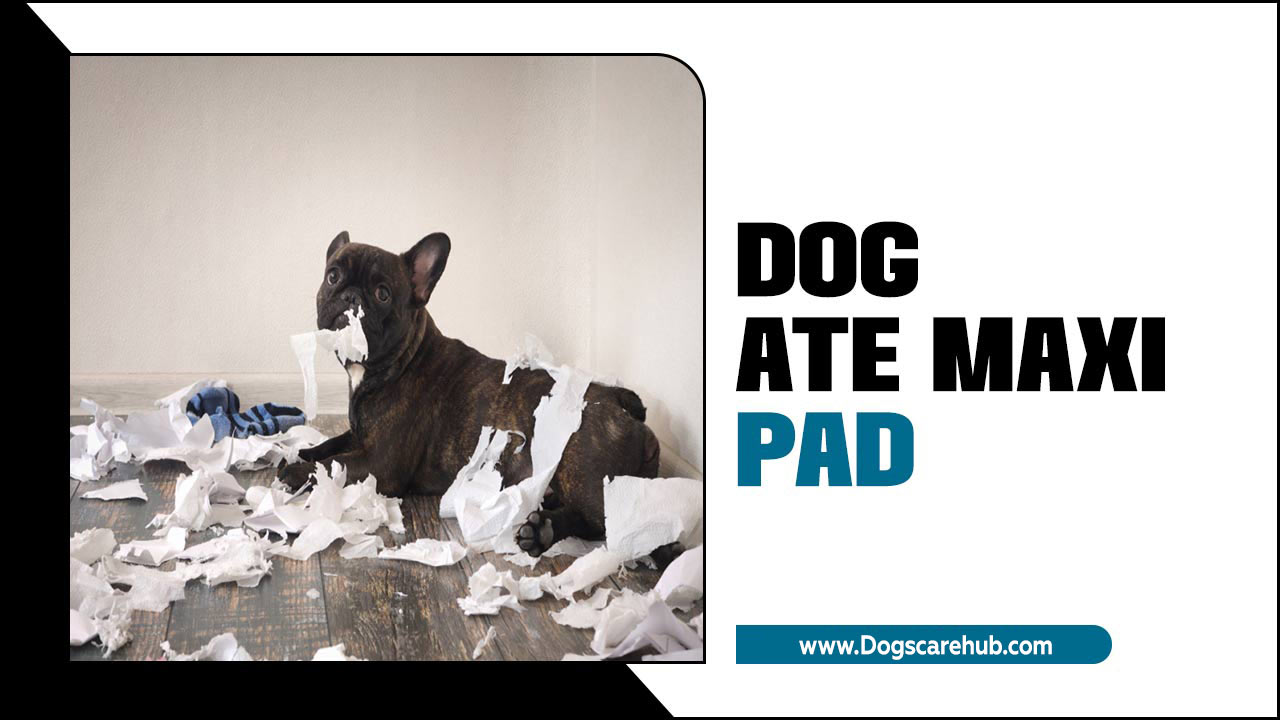
7 Real Reasons Why Your Dog Ate Maxi Pad
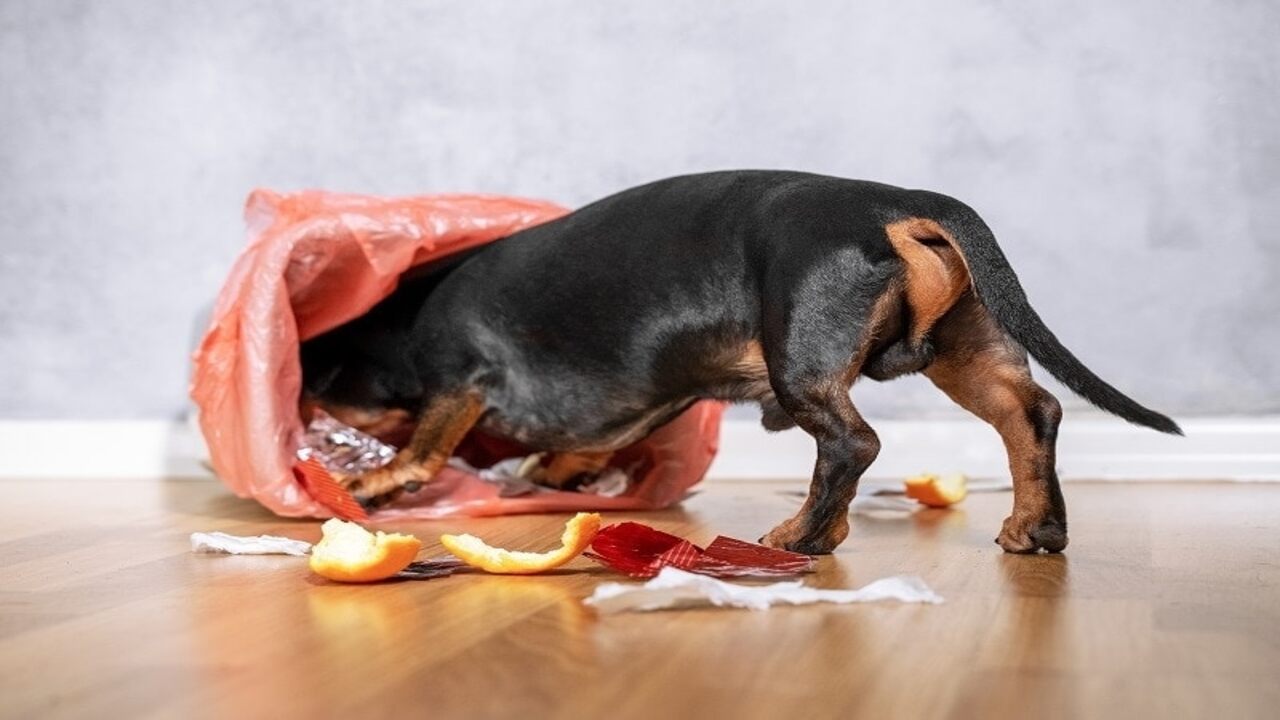
There are several reasons why dogs may eat maxi pads. They may be attracted to the pheromones on the pads or suffer from pica, which causes them to consume non-food items. Dogs’ curiosity and attraction to scents can also lead to dog-ate maxi pads. Additionally, dogs’ scavenging nature and their stress or boredom may contribute to this behavior. Here are some 7 reasons dog ate maxi pad.
They Detect ‘Pheromones
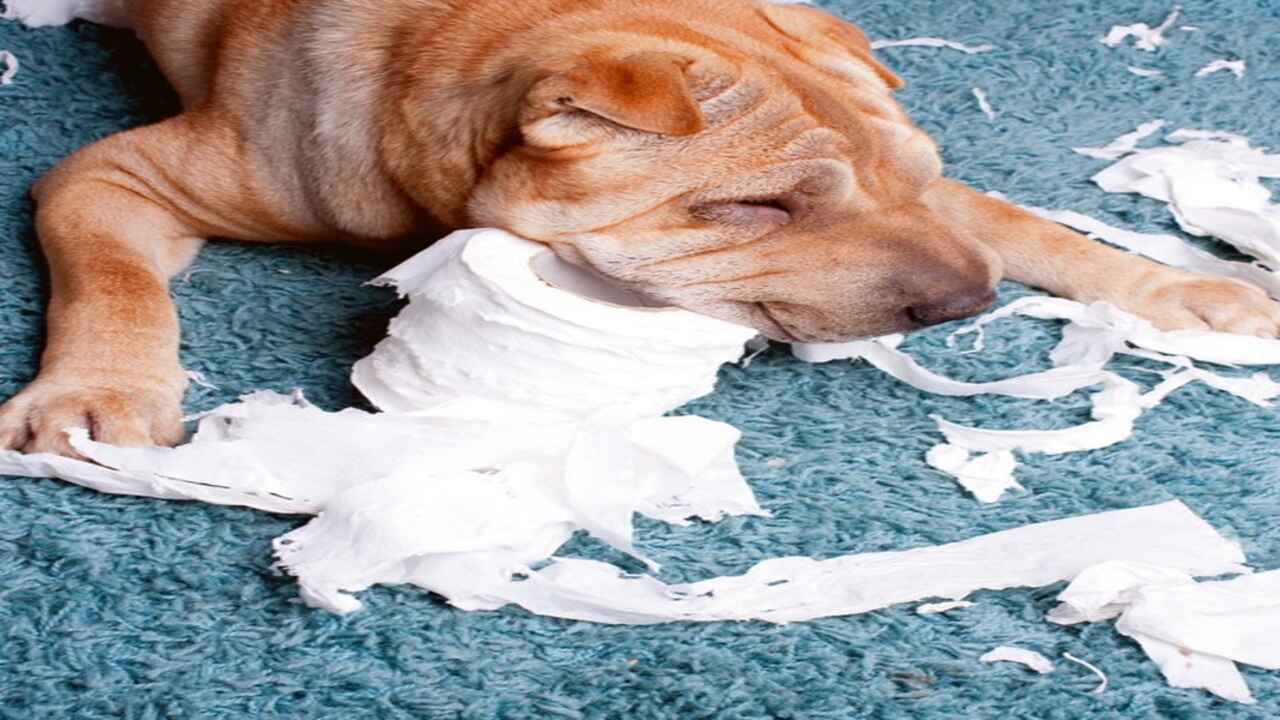
Dogs possess a remarkable olfactory system, enabling them to detect pheromones in menstrual products. Their heightened sense of smell allows them to pick up on the scent of blood, which may also attract them to maxi pads.
However, it’s important to note that dogs don’t consume these items out of preference. Boredom, anxiety, or underlying medical conditions can affect their behavior.
It’s crucial to address this promptly, as ingesting maxi pads can lead to serious health issues for dogs. To prevent such incidents, ensure proper disposal of intimate personal items and keep them out of your furry friend’s reach.
They Have ‘Pica’
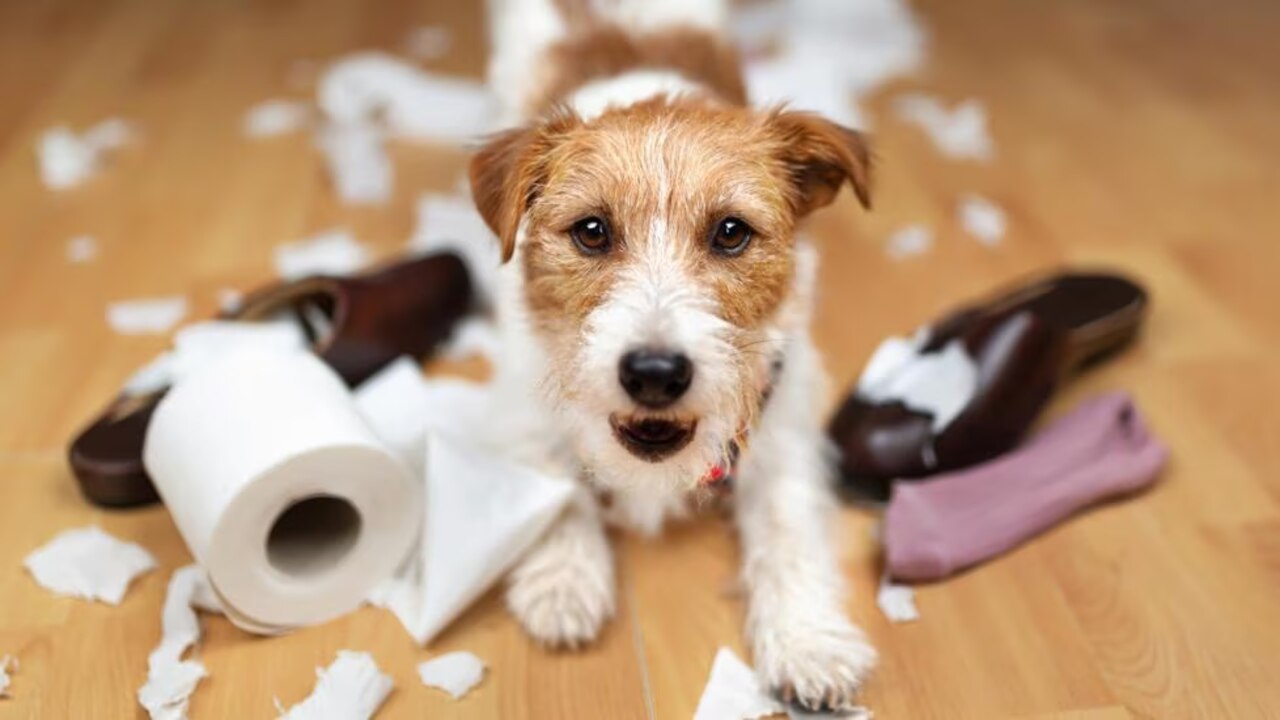
Pica is a condition where dogs have an irresistible compulsion to ingest non-food items, including maxi pads. This behavior can trigger by various factors, such as nutritional deficiencies, boredom, and anxiety.
It’s crucial to address pica in dogs to prevent complications like digestive blockages and other health issues. Preventative measures like keeping non-food items out of their reach can help manage pica. However, if the behavior persists, seeking veterinary advice is essential to identify and address any underlying health or behavioral concerns.
They’re Investigating
When dogs eat unusual or potentially harmful items like maxi pads, it’s important to investigate the reasons behind their behavior. Dogs may ingest sanitary napkins out of curiosity or due to pica, a condition where they compulsively eat non-food objects.
It’s crucial for dog owners to understand that this behavior can seriously damage their pets’ digestive system, including blockages in the esophagus or abdomen. If your dog ingests a maxi pad or any other foreign object, it’s best to consult a vet immediately to prevent complications.
They Love The Stinky Smell
Dogs have a compassionate sense of smell, and the stinky smell of blood on maxi pads can be lovely. It’s not uncommon for dogs to be drawn to the scent of blood and find it appealing. This could explain why they may eat maxi pads.
The pungent odor of blood can be irresistible to dogs, leading them to consume these intimate personal items. However, it’s important to note that eating maxi pads can be dangerous for dogs and may require immediate veterinary attention.
They’re Scavengers
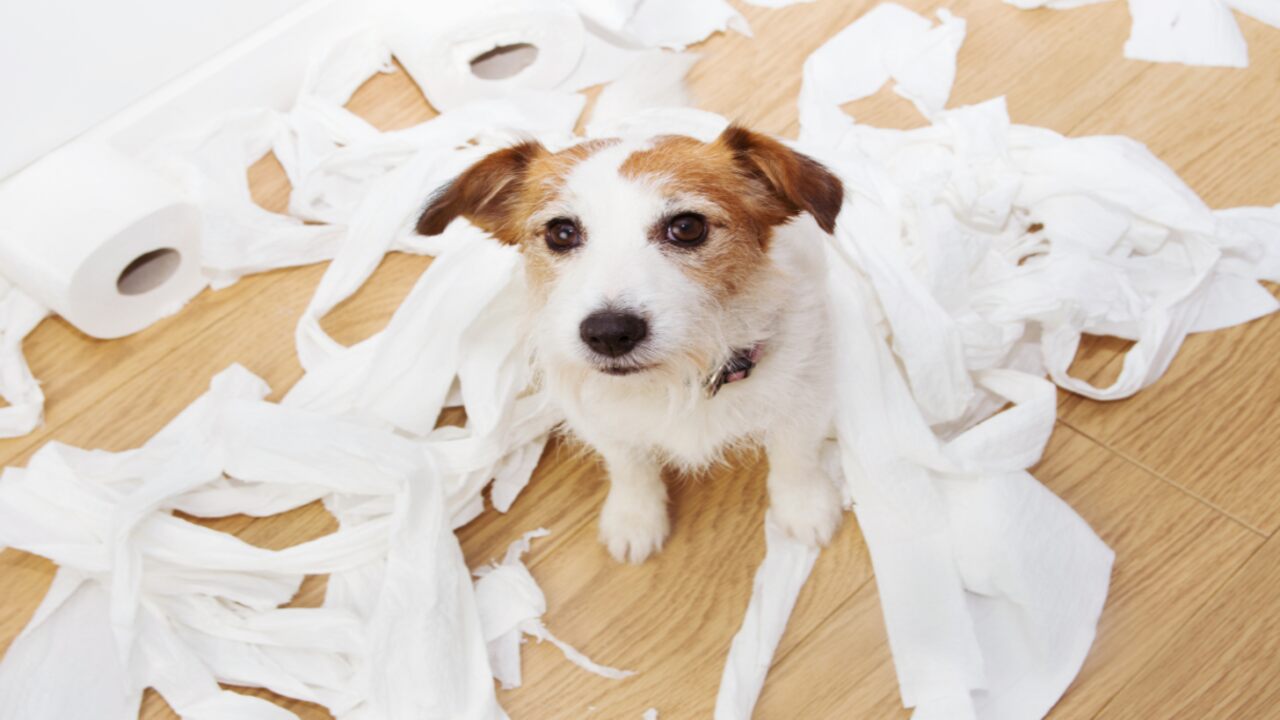
As natural scavengers, dogs are known for their tendency to eat anything within reach, including maxi pads. However, this behavior can be dangerous for them, as it may lead to digestive blockages. If your dog has ingested a maxi pad, it’s essential to monitor them for any signs of illness or discomfort closely.
To prevent such incidents, keeping their environment clean and free of items they may tempt to eat is crucial. Consulting with a vet can guide you on preventing your dog from consuming non-food items and what to do if it occurs.
They’re Stressed Out
When dogs are stressed or anxious, they may resort to eating strange objects like maxi pads. It’s important to identify and address the source of your dog’s stress to alleviate their behavior. Providing plenty of exercise and mental stimulation can also help reduce their stress levels.
Keep them out of reach to prevent them from ingesting potentially dangerous items again. If your dog continues to exhibit destructive behavior, consulting with a veterinarian or animal behaviorist can provide further guidance. Remember, a stressed-out dog needs proper care and attention.
They’ve Got Nothing To Do
Dogs may engage in destructive chewing behavior, such as swallowing non-food items like maxi pads when bored or anxious. It’s crucial for dog owners to keep potentially dangerous objects out of their pet’s reach to prevent accidents.
If a dog does ingest a non-food item, it’s essential to contact a vet immediately for guidance. Training and providing appropriate toys can help redirect their chewing behavior and alleviate boredom.
Regular exercise and mental stimulation are also essential to prevent anxiety and boredom in dogs. Keeping your furry friend engaged and entertained is key to avoiding destructive behaviors.
How To Stop Your Dog From Eating Your Pads
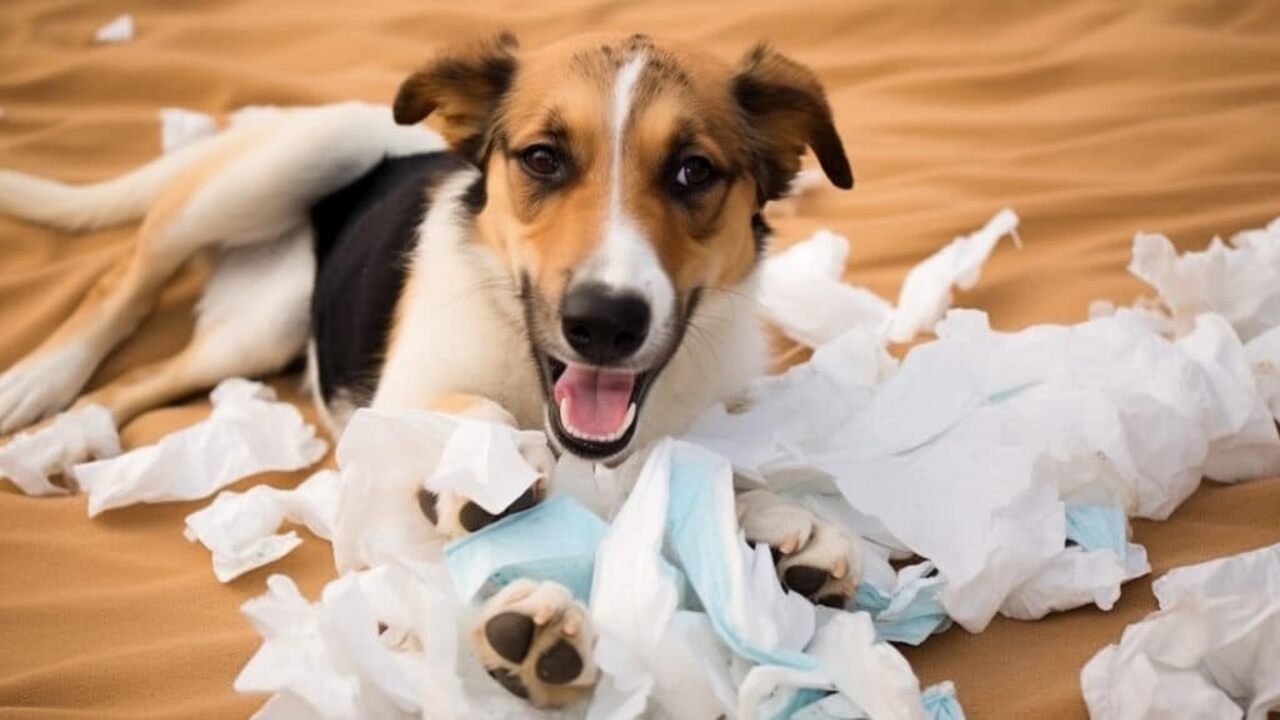
You can employ several strategies to prevent your dog from eating pads. Firstly, keeping your dog off the trash by using baby gates or securing the trash can in a safe area can help eliminate access to maxi pads.
Training your dog with commands like “leave it” and “drop it” can discourage them from picking up these items. Providing your dog with plenty of mental and physical stimulation can also prevent boredom, which may lead to chewing on pads.
Make sure to offer appropriate chew toys to redirect their chewing behavior. Lastly, consider using deterrent sprays or unpleasant-tasting substances on maxi pads to discourage your dog from consuming them.
Keep Your Dog Off The Trash
To prevent your dog from rummaging through the trash, there are a few simple steps you can take. First, use baby gates to block off access to areas where the trash cans are kept. This will keep your dog away from temptation. Secure the trash can with a lid your dog cannot easily open.
This will prevent them from getting into the trash and potentially consuming sanitary napkins. Keep the bathroom door closed to prevent your dog from accessing the trash with maxi pads. Emptying the bathroom garbage frequently will also remove any temptation.
Lastly, consider using positive reinforcement training to teach your dog to stay away from the trash cans. These measures can help keep your dog off the trash and prevent potential health hazards.
Use Dog-Deterring Scents
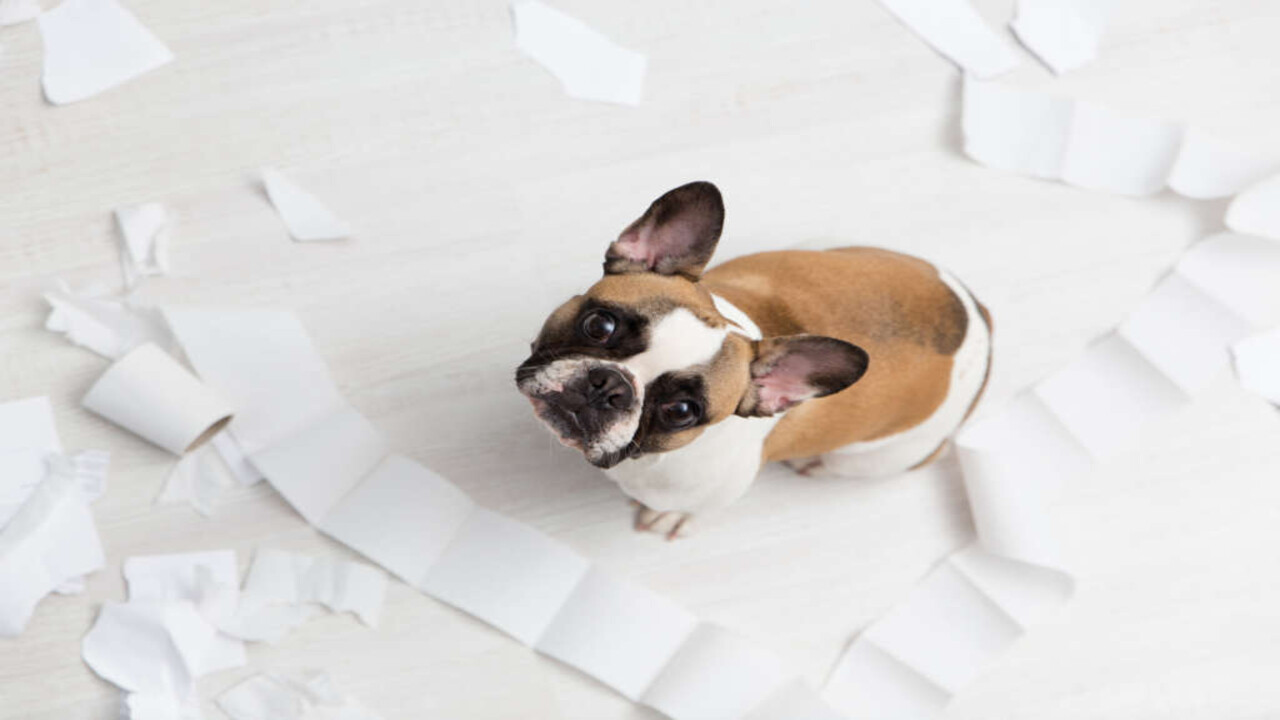
Using scents that dogs find unpleasant, such as citrus or vinegar, can deter them from exploring and eating objects like maxi pads. Dogs have a sensitive sense of smell, so strong odors can discourage them from engaging in unwanted behaviors.
Commercial sprays designed specifically for dog deterrence can also be used. Additionally, essential oils like peppermint or eucalyptus can serve as effective deterrents. However, it’s essential to be cautious using scents around your dog to avoid overwhelming or irritating their senses.
Stimulate Your Pooch
To mentally and physically stimulate your furry friend, you can provide them with the necessary enrichment in several ways. Engaging in regular physical exercise is crucial for their overall well-being.
Interactive play sessions with toys that encourage problem-solving and mental stimulation can also be beneficial. Consider using puzzle or treat-dispensing toys to keep your dog occupied and engaged.
Taking your dog on walks to explore new environments provides sensory stimulation and helps fulfill their natural curiosity. Finally, providing opportunities for social interaction with other dogs can fulfill their social needs.
Can Dogs Digest Used Tampons?
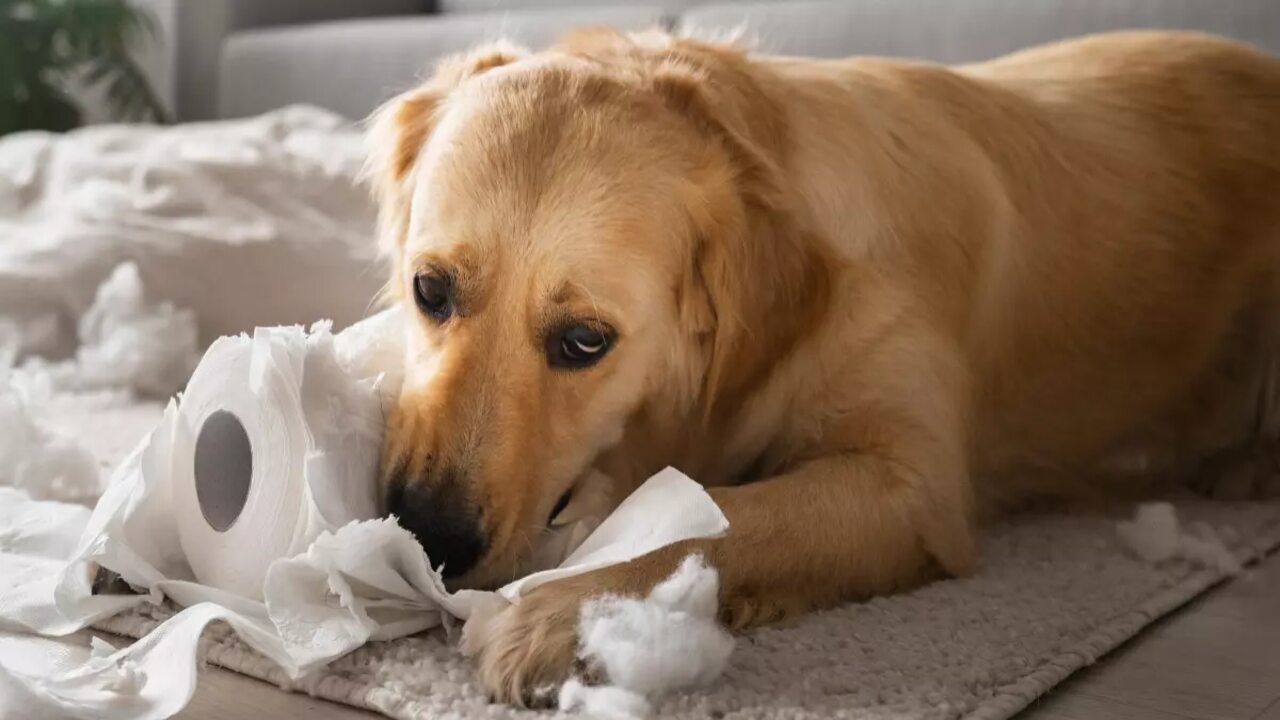
Dogs lack the ability to digest tampons or other feminine hygiene products, which can cause blockages in their digestive system. Ingesting a tampon can lead to symptoms such as vomiting, diarrhea, abdominal pain, and loss of appetite.
If you suspect your dog has eaten a tampon, it is crucial to seek veterinary help immediately to determine the severity of the blockage. Surgery may sometimes be necessary to remove the blockage and prevent further complications. As a precautionary measure, keeping tampons and other hazardous materials out of your pet’s reach at all times is essential.
What Happens If A Dog Eats A Maxi Pad?
Ingesting a maxi pad can have serious consequences for dogs. It can cause intestinal blockage, vomiting, diarrhea, and life-threatening complications. The materials in maxi pads can expand in the digestive tract, requiring surgical intervention to remove the blockage. Immediate veterinary attention is crucial if your dog ingests a maxi pad.
Can Dogs Hurt Their Pads?
Dogs’ paw pads are vulnerable to injuries, which can be caused by rough play, exposure to harsh surfaces, or excessive exercise. Common injuries include cuts, burns, or abrasions. Inspecting your dog’s paw pads regularly for any signs of injury is essential.
Preventive measures like avoiding hot pavement or using protective boots can help prevent paw pad injuries. Additionally, trimming the hair around the paw pads and keeping them clean can reduce the risk of infections.
If you notice any signs of injury, such as limping or licking the paws excessively, consult a veterinarian for proper treatment. Taking care of your dog’s paw pads is crucial to ensure their overall well-being and mobility.
Conclusion
If your dog has eaten a dog ate maxi pad, it can be due to various reasons such as investigating, being stressed out, or simply being a scavenger. It is essential to understand why dogs engage in such behavior and take appropriate steps to prevent it.
Keeping your dog away from the trash, using dog-deterring scents, and providing mental and physical stimulation can help curb this behavior. It’s also crucial to ensure that such incidents do not compromise your dog’s health. If you’re unsure about your dog’s well-being, it’s best to consult with a veterinarian. Remember, a little prevention goes a long way in keeping your furry friend safe and healthy.
Frequently Asked Questions
1.What Happens If A Dog Eats A Small Cotton Pad?
Ans: If a dog ingests a small cotton pad, it may pass through its digestive system without issues. However, if the pad gets stuck, it can lead to a blockage that may require surgical removal. Watch out for signs of blockage like vomiting, diarrhea, loss of appetite, and lethargy. Seek veterinary care if you suspect your dog has eaten a non-food item.
2.What Happens If My Dog Eats Fabric?
Ans: If your dog ingests fabric, it can cause digestive blockages. Look out for symptoms like vomiting, diarrhea, and loss of appetite. Immediate veterinary care is essential as surgery may be required to remove the fabric from their system.
3.What To Do If My Dog Ate A Maxi Pad?
Ans: If your dog has swallowed a maxi pad, do not panic. Monitor for signs of discomfort and contact your vet immediately. Follow their instructions, which may include inducing vomiting or surgery, depending on the severity of the situation.
4.Why Does My Dog Eat My Pads [Cotton, Maxi]?
Ans: Some dogs eat pads due to their sense of smell and curiosity. It could also indicate a pica disorder, where dogs eat non-food items. However, eating pads can be harmful to their health. Keep pads out of reach to prevent this behavior, and provide appropriate chew toys for your dog.
5.What Happens If My Dog Eats A Sanitary Pad?
Ans: When a dog ingests a sanitary pad, it can lead to gastrointestinal blockages and obstructions. Look out for symptoms like vomiting, diarrhea, loss of appetite, and lethargy. Contact your vet immediately if you suspect your dog has eaten a sanitary pad. Diagnostic tests may be needed to determine the best treatment plan.
Meet Elyse Colburn, the devoted canine companion and storyteller behind the enchanting world of “Tales, Tails, and Adventures Unleashed.” A passionate dog enthusiast with a heart full of paw prints, Elyse Colburn shares heartwarming tales and insightful adventures, celebrating the joy, loyalty, and endless antics that make every dog a true hero. Join Elyse Colburn on this tail-wagging journey, where every post is a love letter to our four-legged friends.


